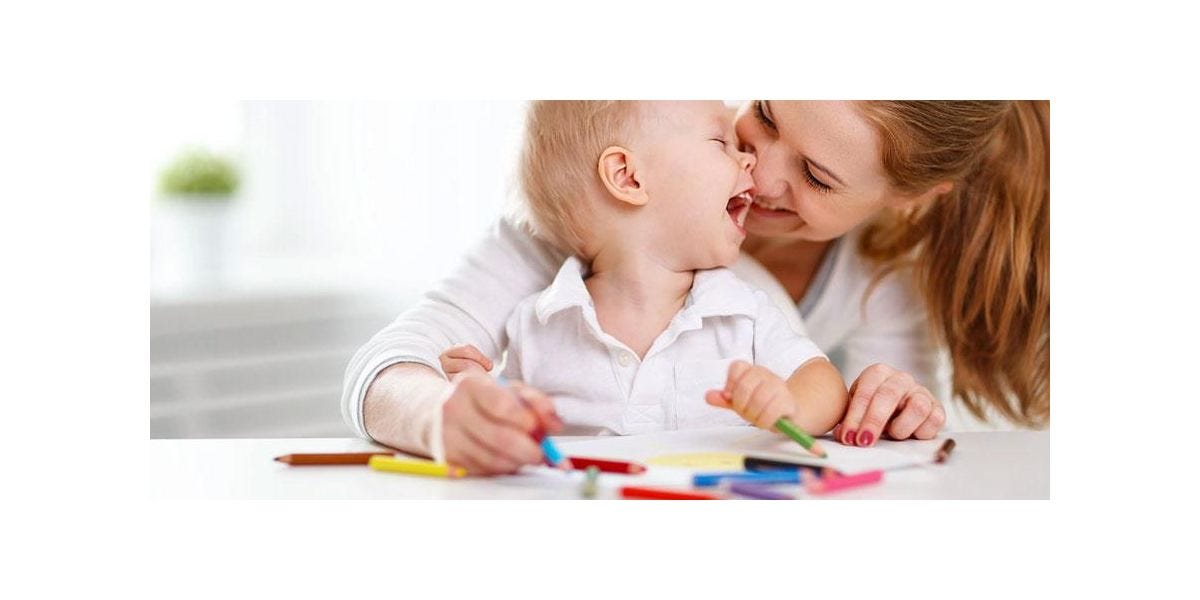In the past two weeks, children in Early Years have been making their way back to settings in light of recent government announcements around easing the lockdown.
However, official statistics published by the Department for Education suggest that families still think it’s too soon. Just 10% of the usual number of children are attending settings.
Some reasons are around the concerns over children catching COVID-19 but also due to the restrictions placed on the environment in Early Years settings, leaving many stark and uninviting. The media has been swamped with talk of children having to socially distance, limitations on toys and resources and regular, supervised handwashing – all making for a very different Early Years environment.
As we now have to accept that some children will not be returning before September, we need to consider the role of the home learning environment and what we can do to support this. The circumstances of some families may have changed since the time settings closed for most children. This could mean that some parents and carers are now working from home, managing the responsibilities of work around caring for young children.
However, it’s not all doom and gloom, having their children home will be a time to nurture, play, bond and connect as a family. A lengthy time together which they might never have previously had.
In terms of learning experiences in the home, many families are likely to be feeling the pressure to home school, even for children within the Early Years age bracket. However, formal worksheets and timetabled learning are not appropriate or necessary for our youngest children.
As educators, we have a responsibility to reassure parents and carers that there is no pressure to teach or to worry about their child ‘catching up’. The best home learning environment is one where there is play, warm interactions and time to talk and read books. Children will be looking to their parents and carers to respond positively in their interactions, offering reassurance, encouragement, praise and love. With these factors in place, it’s likely that many children could be thriving, returning to settings having experienced a positive lockdown period.
There will be rewarding times where families can celebrate achievements such as toilet training, weaning off the dummy, a child getting dressed independently, using scissors, writing their name or sleeping through the night. These experiences can be shared with the child’s setting who would be delighted to hear of these successes. Keeping in touch with the setting benefits both parties – you can link together to support the child, even if they’re not able to physically attend preschool, nursery or Reception. They can provide you with ideas for activities to try at home and will also be able to advise on things such as fine motor skill development, letters and sounds and offer book recommendations. Most of all, they should be helping families recognise that there is no need to replicate an Early Years setting in the home. Not only is this unattainable for many but it’s unnecessary. Parents are a child’s first educators. They know their child the best and are therefore well placed to understand their needs within a family environment rather under fabricated Early Years conditions in the home.
Now is a good time to promote play as a vehicle for learning and development. Through play, children learn new skills which then help them to become proficient in other areas of their development such as maths, literacy, physical skills, critical thinking and problem-solving. Children need time and space to play, explore, use their innate drive to be curious and investigate the world around them. Parents and carers can tune in to children, responding to their interests, offering new play opportunities. Practical, hands-on experiences at home will not only be fun to engage in together but will encourage a child to learn through doing. Some ideas include dancing, singing rhymes, baking, gardening, treasure hunts, playing shops or cafes and setting up a pots and pans music band. Simple, low cost but enormous learning potential!
In short, it’s important to acknowledge that this period at home, juggling childcare and all the other adult responsibilities can be challenging. However, it can also be a time of coming together with families and settings working collaboratively to support the child.

